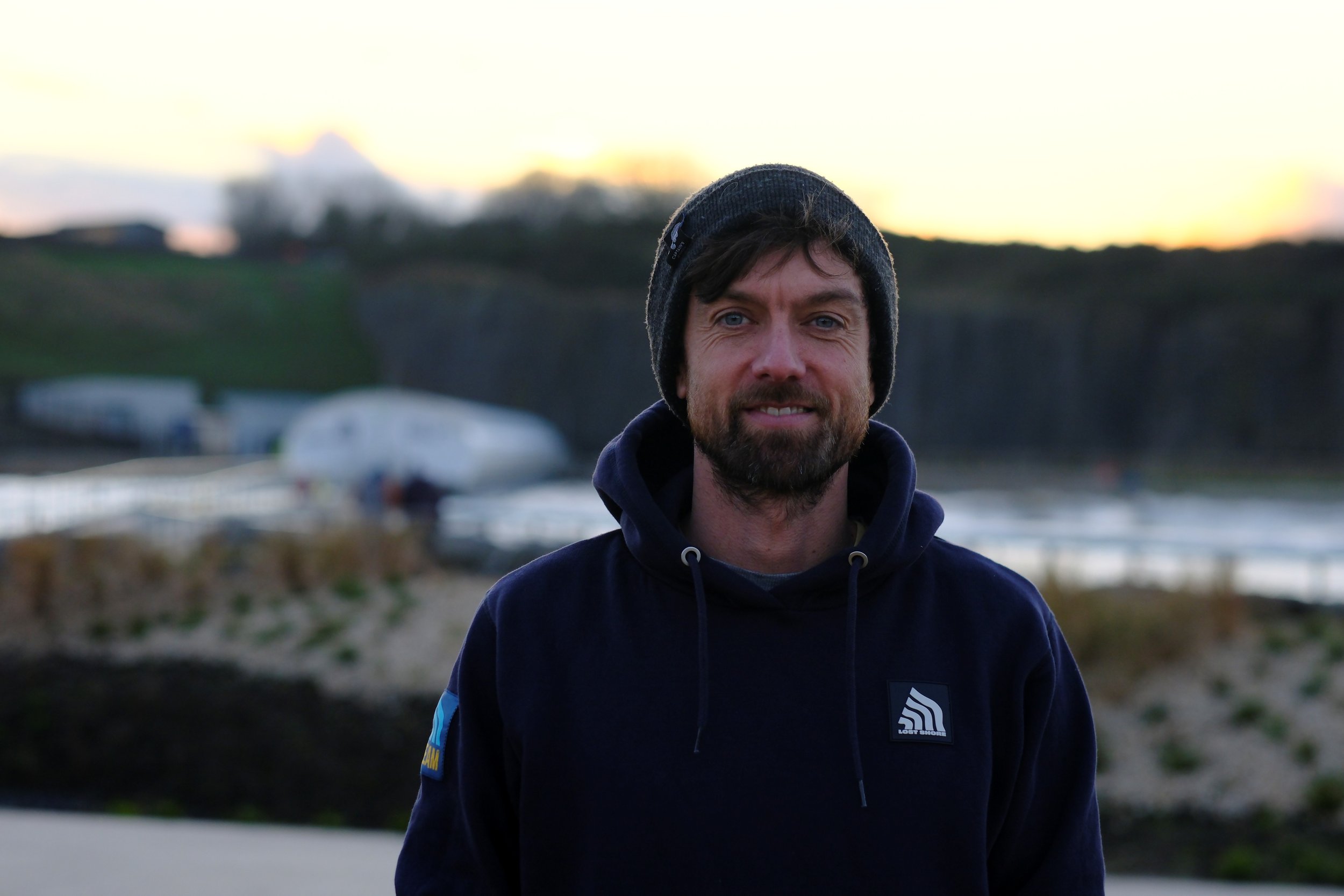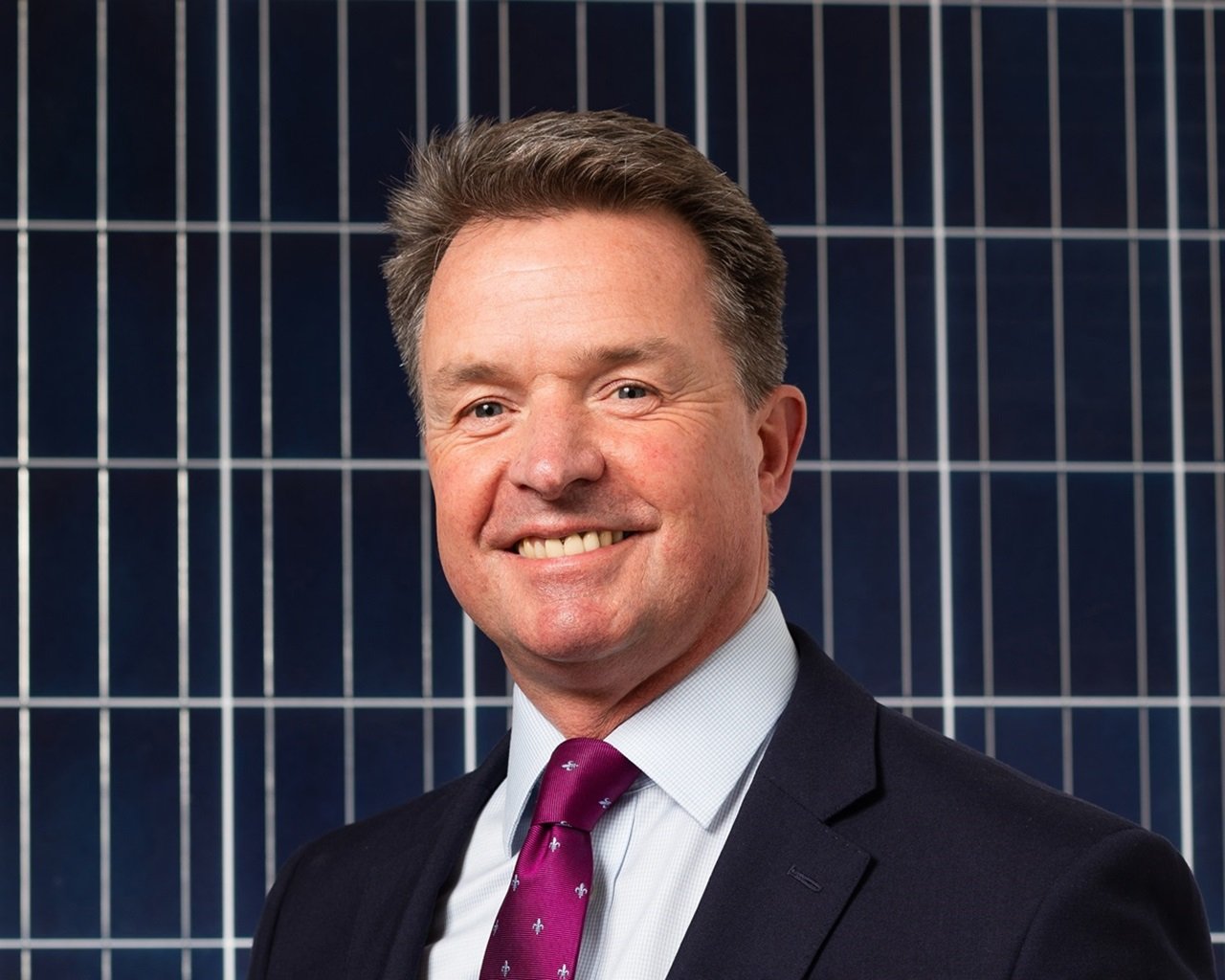Is environmentally friendly low-cost solar energy finally taking its place in the sun?
Pulling on an extra sweater, half filling the kettle to make a cup of tea and religiously turning off the lights are just some of the adjustments we find ourselves making in the face of spiralling energy costs and global warming. With the government’s Energy Price Guarantee Scheme becoming less generous, an ending to the energy bills support scheme for households, and the introduction of the new Energy Discount Schemes for Business (EDSB), we may well collectively take a sharp intake of breath at the thought of even higher energy pricing to come.
The potential however, to reduce our reliance on fossil fuels, reduce energy bills and guarantee energy independence through solar generated electricity is enormous. Even in our dear old wet and cloudy Scotland, the available radiance can, with the right solar PV, be harnessed to generate a reliable source of electricity all year round — essential for intensive energy users such as manufacturers and farmers.
Amid soaring energy prices and inflation eroding the value of cash, the team at the Forster Group are seeing an unprecedented level of enquiries not just amongst our loyal house builder clients but also from farmers and food producers. They see solar power as the fastest route to reducing and stabilising their energy costs and as a way of reducing the need to purchase power from energy suppliers.
Solar and storage technologies have come a long way since they were first introduced. The panels we use in our integrated solar roofing systems today have far higher efficiency and produce significantly more power. Their superior light trapping and improved current collection means that roof and ground mount sites can be configured much more efficiently to maximise the production of lower cost green energy. Up-front installation costs have also fallen considerably over the last decade, making investment in solar an even more attractive proposition.
Importantly, integrated solar solutions can be tailored with future energy and grid developments in mind so that they can be connected to storage batteries, either immediately or when the grid in a customer’s area permits.
Farmers, processors and manufacturers looking to capitalise on their roof spaces for the production of lower cost green energy, will typically make solar panels their first choice. However, ground mounted panels, which share the same energy generating properties and efficiencies as roof panels are increasingly popular on lower grade land.
By tailoring the most cost-effective solar solution – and where applicable, solar storage – to precisely match current and projected energy requirements, both ground-mounted and roof installation offer excellent energy cost savings and returns on investment.
With the right solar installation, the standard unit cost of electricity can be reduced from the recent highs of 75 or 80 pence per kW to as little as 10 pence. Typically, from the savings made against increases in power costs, the pay-back period for solar installation is around two years.
For those interested in adopting solar, the process is quick and easy. Using the latest design software, a desktop survey and quotation can be provided within a day. Backed up by a site survey and feasibility study, a solar installation can be complete in as short a time as three weeks. With changes expected to Permitted development rules this spring, commercial and industrial businesses will join farmers in no longer needing planning permission for solar installations.
I established the Forster Group, one of Scotland’s largest integrated solar and roofing businesses, 30 years ago. In the early days of solar, we were met with some cynicism, however, as we enter our fourth decade, we increasingly see former customers increasing their solar capacity, and I look forward to helping more businesses in farming, manufacturing and house building secure a more sustainable and affordable energy future.
John Forster is Chairman of Forster Group







